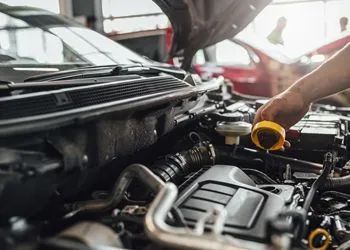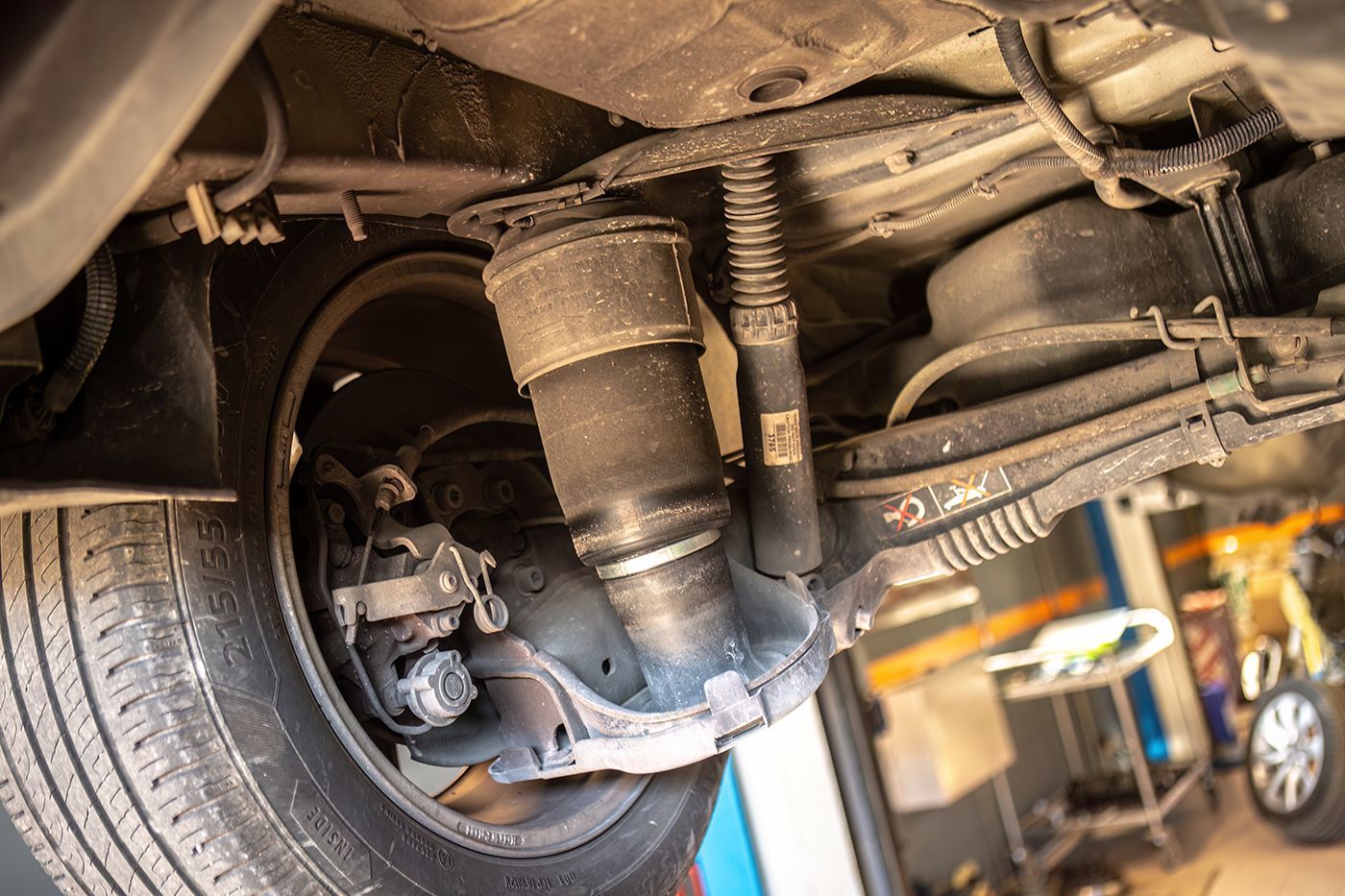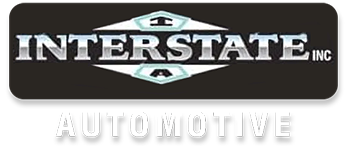4 Maintenance Tips for Keeping Your Engine in Great Long-Term Health

Keeping your engine in great condition is essential for reliable performance and long-term value. Neglecting engine maintenance can lead to costly repairs, poor fuel-economy, and even complete engine failure. Fortunately, consistent care can keep your engine running smoothly for many miles to come. Here are four basic maintenance tips that will help preserve your engine’s long-term health.
Change the Oil and Filter Regularly
Oil is essential for lubricating the engine’s moving parts and preventing excessive wear. Over time, oil breaks down and becomes contaminated with dirt and debris, which can cause friction and damage. Following the manufacturer’s recommended oil change schedule is one of the most important steps you can take to protect your engine. Always replace the oil filter during each oil change to ensure your engine receives clean, effective lubrication.
Replace the Air Filter When Needed
Your engine needs a clean air supply for efficient combustion. A clogged or dirty air filter restricts airflow, making the engine work harder and reducing fuel-efficiency. Replacing the air filter at regular intervals helps maintain optimal performance and protects your engine from harmful contaminants.
Stay on Top of Spark Plug Maintenance
Spark plugs ignite the air-fuel mixture inside the engine’s cylinders, playing a vital role in engine operation. Worn or fouled spark plugs can cause misfires, rough idling, and reduced fuel-economy. Depending on your particular vehicle and spark plug type, spark plugs typically need to be replaced somewhere between 30,000 to 100,000 miles. Keeping them in good condition helps ensure efficient combustion and smooth engine performance.
Address Warning Signs Early
If your check engine light comes on, your engine starts making unusual noises, or you notice a drop in performance, don’t ignore the symptoms. Small issues can quickly become major problems if left unchecked. Regular inspections and timely repairs are key to keeping your engine running strong for years to come.
Engine Repair & Maintenance in Olympia, WA
For an experienced mechanic in Olympia, WA and the surrounding area, contact
Interstate Automotive at
360-639-7112. Feel free to give us a call to schedule an appointment!





